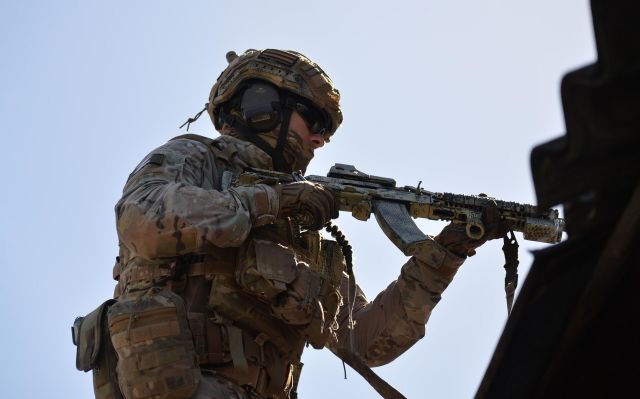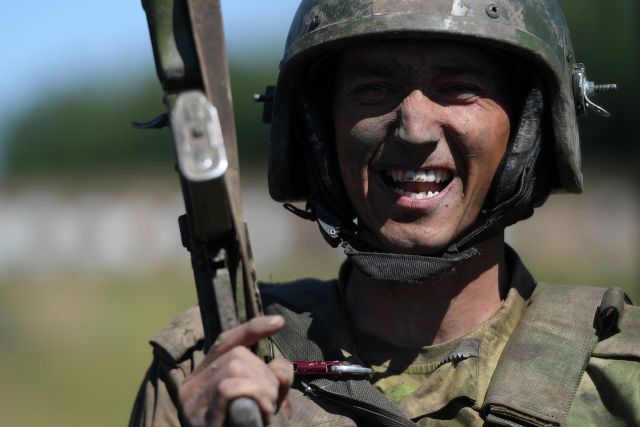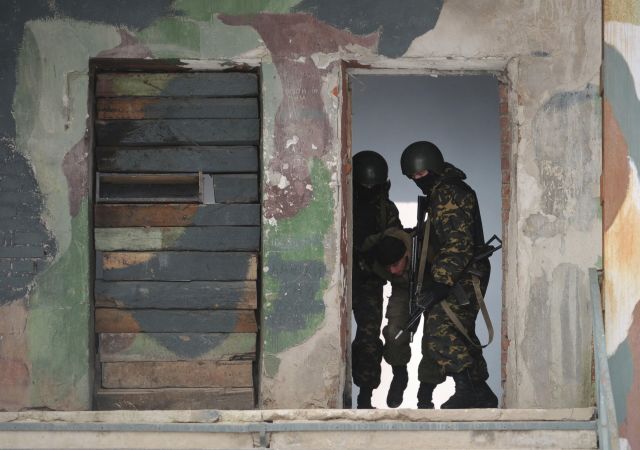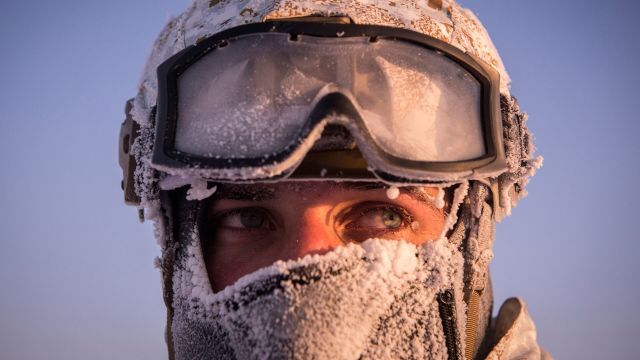MOSCOW, 8 Mar — RIA Novosti. At different times, many units fell under the definition of the army elite, but now this concept is closely associated with special forces. However, it is not easy to earn the right to consider yourself the best of the best. About how Russian special forces are trained — in the material of RIA Novosti.
Background of the issue
The first separate companies of special forces began to be created back in 1950, although the need for fighters with a high level of training capable of conducting reconnaissance and organizing sabotage behind enemy lines was especially acutely felt during the Great Patriotic War. Then these tasks were solved by special purpose detachments.
Another challenge that contributed to the development of special forces was the terrorist attack at the Munich Olympics in 1972, when the militants of the Black September group took Israeli athletes hostage. After that, it was decided to create the Alpha group. And only then in the USSR appeared "Pennant" and "krapovye berets" — special forces of the internal troops.

A serviceman of the Russian special forces unit checks the house in the area of the SVO Image source: © RIA Novosti / Viktor Antonyuk
Preparation
It is possible to get into the special forces only with categories A-1 and A-2 — in other words, a serviceman has no health restrictions, or injuries suffered in the past do not interfere with his service.
Sports titles are not mandatory, but they will be an advantage, especially in military-applied sports: running, shooting, martial arts or parachuting.
For an unprepared person, the loads that the special forces overcome are dangerous, for the fighters themselves — workdays. In the first months, they sleep for four hours — less than the statute prohibits. The remaining 20 hours are hard work.
After lifting — toilet and charging. Then — a run with satchels. They don't require much speed, but you can't go to a step. At the same time, the load is ragged — the commanders constantly give introductory tasks: somersaults, crawling, goose step.
After jogging — physical training, tactical exercises, shooting, hand-to-hand combat. Day in and day out. The system has been worked out for decades, thousands of specialists have passed through it.

A fighter during tests for the right to wear a maroon beret by servicemen of special forces units of the National Guard troops. Image source: © RIA Novosti / Maxim Bogodvid
Marathon in full display
A mandatory quality required by special forces soldiers is endurance. Therefore, special attention is paid to it: regular crosses for ten kilometers in full layout should take a fighter less than an hour. Those who didn't make it will have to overcome the remaining distance next time in addition to the main one. Sometimes the whole company gets a "bonus". On "particularly successful" days, commanders are forced to run 40-45 kilometers.
To check the soldiers, they are sent to the "jump" — a group of soldiers must survive in the forest for seven to eight days. The commanders change twice a day, not letting the soldiers sleep. At the same time, the task is complicated by tactical traps, dummy mines, tripwires, shelling with blank cartridges.
Anyone who fails this test is excluded from the unit.

Complex tactical and special exercises Image source: © RIA Novosti / Grigory Sysoev
Super Soldier Mentality
Special attention is also paid to hand—to-hand combat - soldiers are accustomed to pain, which should not distract from the tasks. They have to spar with a superior opponent — often with skill, but sometimes with numbers. The use of improvised means is allowed, the main thing is to achieve the goal.
The most important skill is shooting from all possible weapons. Commandos are taught to use everything from pistols to grenade launchers. Naturally, every fighter should be able to set up communication systems and use them, provide first aid, and ideally be able to replace any narrow military specialist.
In parallel with physical, tactical and shooting training, fighters are pumped up psychologically. Each of them is taught that they are the best in their field and are capable of performing any tasks. But such a title has to be confirmed by constant training. Even after four or five days without loads, the indicators decrease. Therefore, the commandos remain faithful to the army formula "more sweat – less blood."

